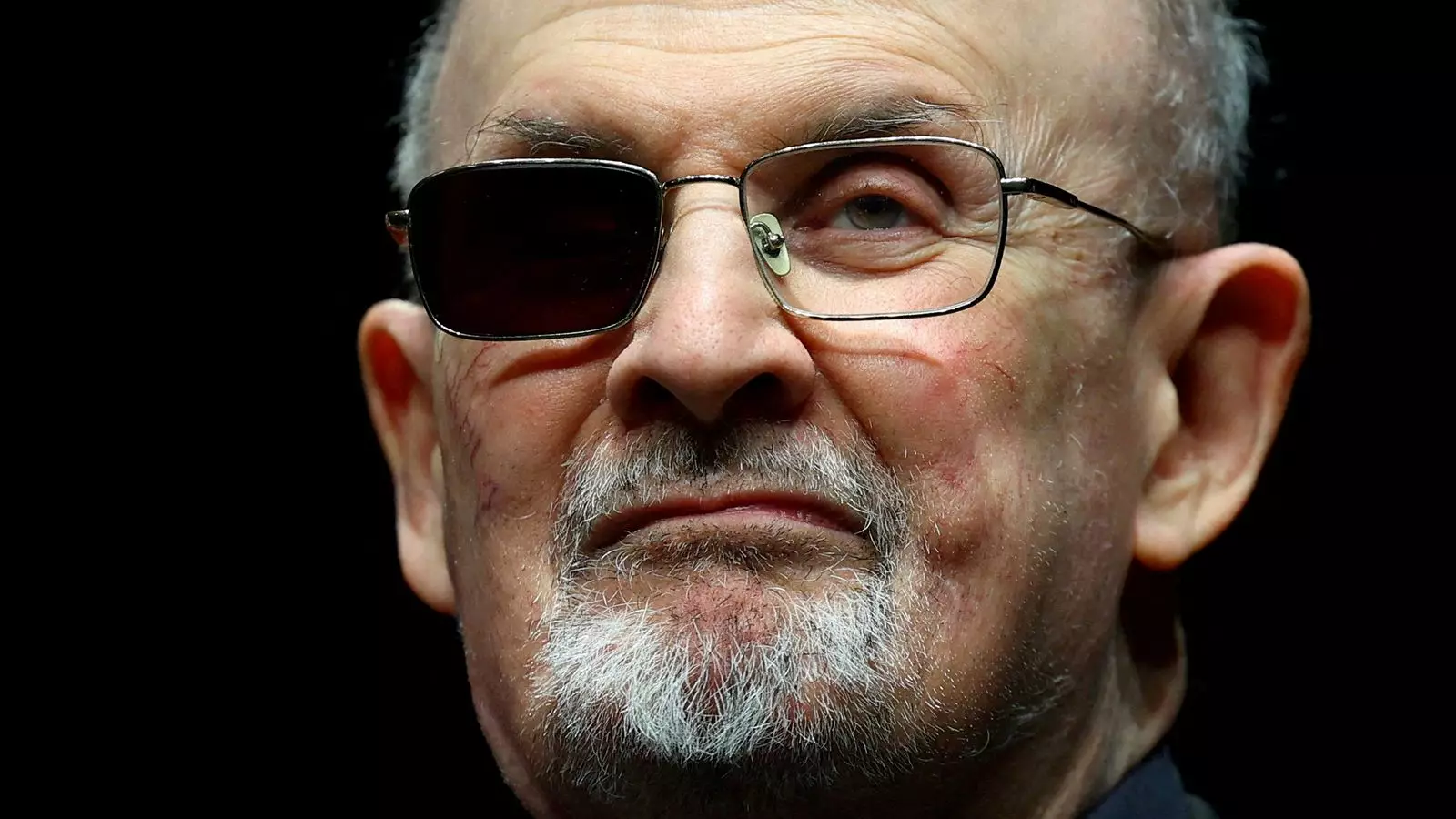In August 2022, the literary community was shaken by a harrowing incident that left a deep scar on the values of free speech and artistic expression. Author Sir Salman Rushdie, a figure accustomed to controversy and ire due to his contentious writings, fell victim to a brutal attack in New York while preparing to speak at an event in Chautauqua. The assailant, 27-year-old Hadi Matar, was charged with attempted murder after he stabbed Rushdie multiple times in an act that experts argue was motivated by ideological extremism. This attack not only threatened the life of a celebrated author but also brought forth questions surrounding the safety of intellectuals whose works challenge the status quo.
The attack transpired just moments before Rushdie was set to address the audience, transforming an ordinary event into a scene of absolute chaos. Matar rushed onto the stage, brandishing a weapon, and proceeded to stab Rushdie approximately 15 times, focusing on vulnerable areas such as the neck and torso. The assault left Rushdie with grievous injuries, including severe damage to his right eye and internal organs. As the courtroom learned during Matar’s trial, these were not merely random stabs; they were precise and calculated strikes against an individual who had faced death threats for decades due to his provocative writing.
Witness testimonies painted a brutal picture of the incident. Fellow speaker Henry Reese sustained injuries as well, illustrating that this was not a singular act of violence but rather a calculated attempt to silence dissenting voices in a public forum. The violent nature of this attack led District Attorney Jason Schmidt to emphasize its unprovoked and targeted nature during the trial, a sentiment that resonates deeply with concerns over freedom of expression today.
In a rapid conclusion to a contentious trial, the jury convicted Hadi Matar after less than two hours of deliberation, sending a strong message about the consequences of personal vendetta. He was found guilty of attempted murder and assault, which could result in a lengthy prison sentence. Though Matar responded with apparent indifference, muttering “free Palestine” upon exiting, this reaction minimized the grave nature of his actions and underscored the ideological affiliations that may have fueled his attack.
Rushdie’s poignant recollection of the incident—describing the moment he realized he was being stabbed—underscores the existential threat posed by such acts of violence. His assertion that he thought he was “dying” reveals not only the immediacy of such a dangerous situation but also the broader implications of targeted attacks on writers and intellectuals.
Matar’s actions cannot be viewed solely through the lens of individual culpability; they must also be analyzed within the larger context of freedom of speech and the perilous environment in which many writers operate. This incident has reignited conversations about the level of violence directed at those who engage in controversial or provocative literature.
As the cultural landscape becomes increasingly polarized, the message emerging from this verdict is clear: society must rally to defend the freedom to express unpopular or challenging ideas, even in the face of hostility. The implications of accepting ideological extremism as a justification for silencing voices through violence threaten to dismantle the very fabric of free societies.
As the world awaits the sentencing of Hadi Matar, which could see him imprisoned for up to 25 years, questions loom over how to balance justice with the necessity of protecting creative expression. The case has not only highlighted the immediate dangers facing individuals like Rushdie but it also presents a call to action for governments and societies to stand resolutely against ideological violence.
Furthermore, Matar faces additional federal charges, signaling the potential for broader implications regarding domestic terrorism. It is incumbently essential that as a society, we reflect on these events with an eye toward ensuring that literature can flourish without fear, and that intellectual diversity remains safeguarded for generations to come.


Leave a Reply